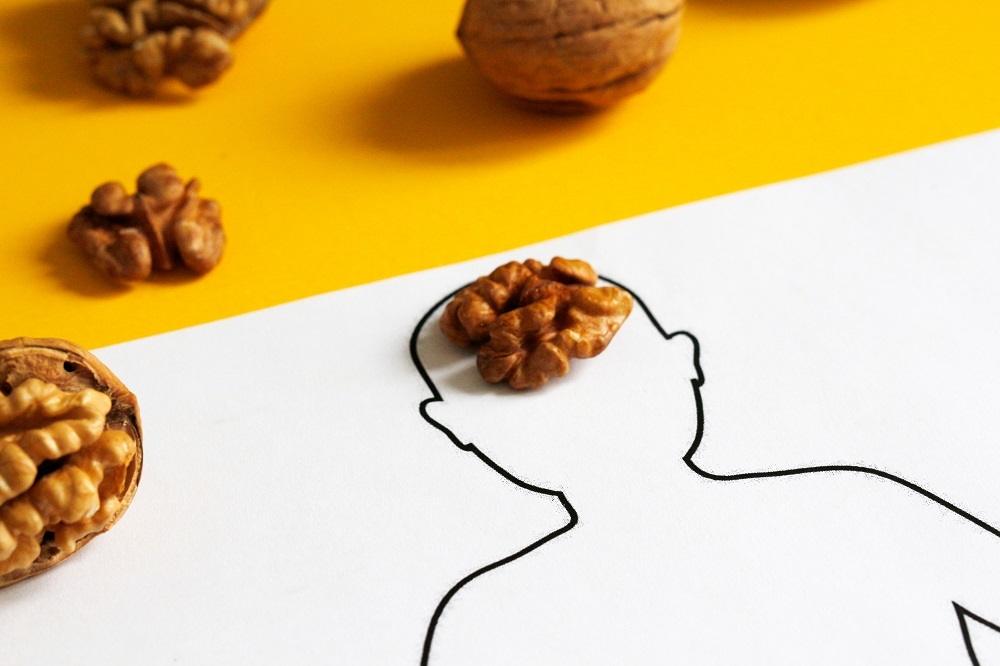10 Ways Your Brain Changes Drastically As You Age

Photo By twenty20photos from Envato
How the brain develops during your life
Did you know that the grey matter in your brain always changes, even through adulthood? In addition to many other things that can rewire your brain, such as your diet and trying new things, your brain never stops changing. In the following examples, you’ll find out about some ways through which your brain changes over time.
- In uterus: brain cell growth – Before you came out in this world, your body was very busy developing your brain, preparing for life outside the womb. Newborns have about 100 billion neurons, according to Dr. David Permutter, a neurologist. As he says, the average growth rate of brain cells during pregnancy is about 250,000 new brain cells per minute.
- Newborn: more neurons and connections are built – When you’re born, your brain is about 60% of the size it will be when you’re fully grown, according to Dr. Frances Jenses, professor of neurology. Your brain starts developing at about 350 grams, but then it grows another 230 grams in the first 90 days after birth. In the first three months, it comes close to doubling.
- Toddler: the brain builds up and cuts the fluff – When you’re three years old, your brain is 80% of its adult size when it comes to volumes and brain cells, as Dr. Perlmutter explains. The brain of a 3-year-old toddler is really sophisticated and might be even more sophisticated than any other animal on the planet. At that age, the brain of a toddler has 200% more synapses than one of an adult. As brain development keeps on happening, your mind is “pruning” by breaking down those synapses. Getting rid of the connections it doesn’t need lets the brain focus its energy on the connections that really matter.
- Early childhood: experiences shape the brain – The following five years in a child’s life are CRITICAL for brain development. Why? Because at this point, experiences are directly shaping the way our synapses form. More specifically, our brains are being customized for the environment we’re living in, as Dr. Jenses says. On one hand, negative experiences might leave a psychological scar on the child forever. But on the other, those early intervention programs and efforts to reverse any effects caused by traumatic experiences can be more effective than ever.
